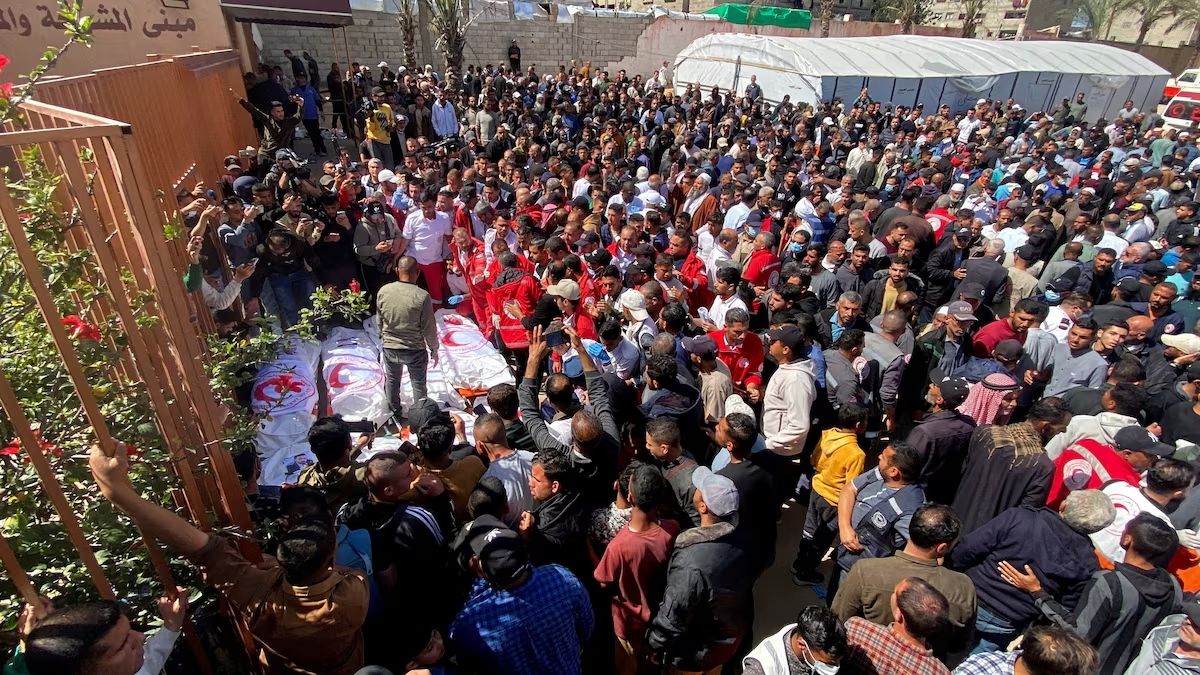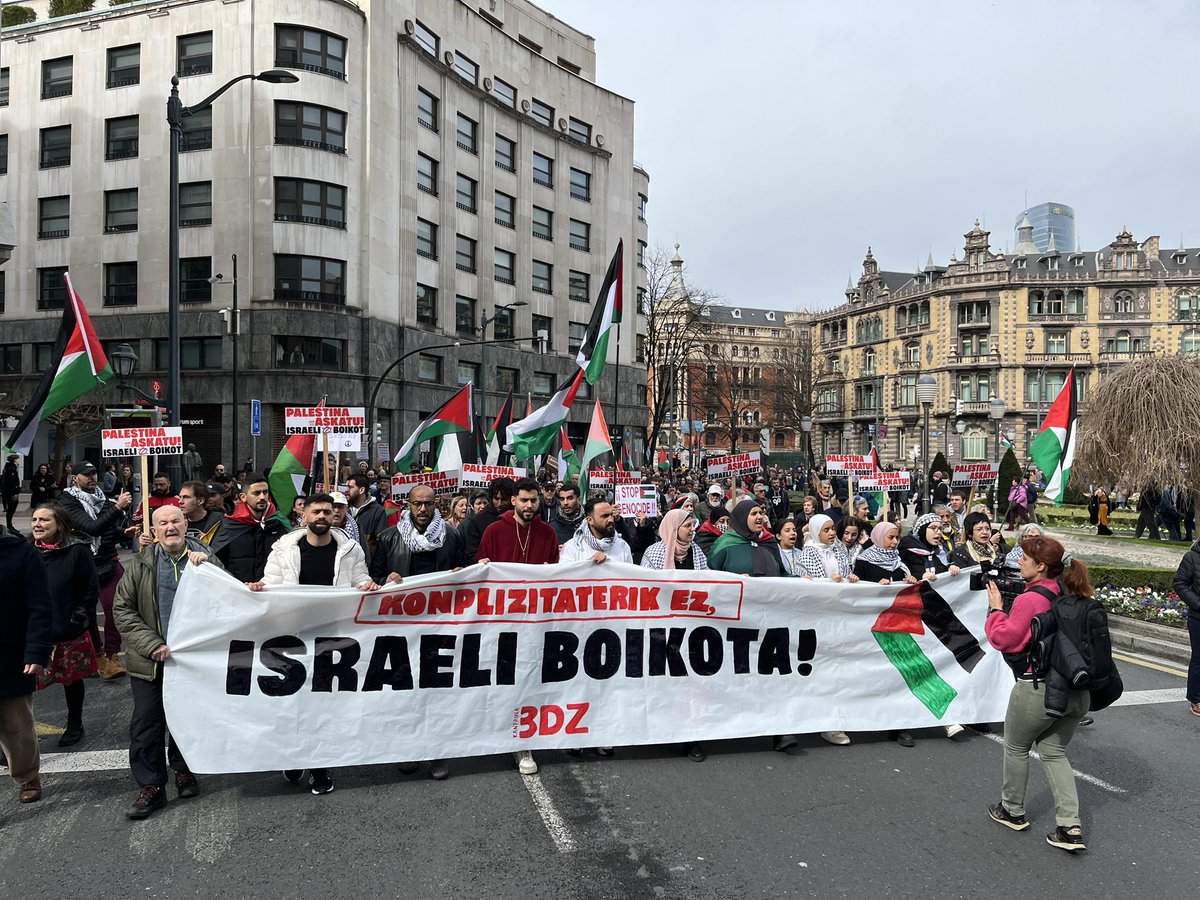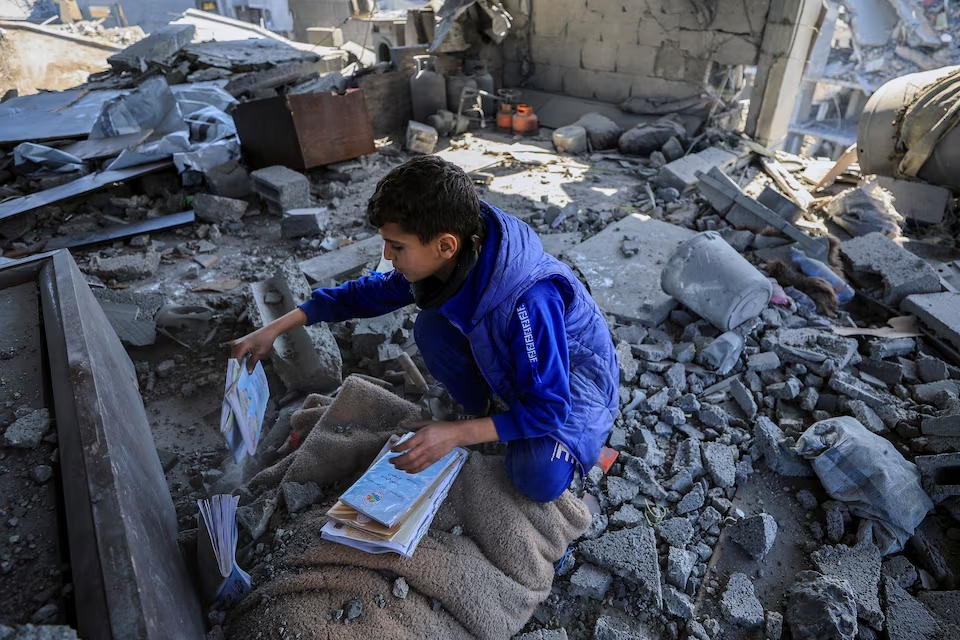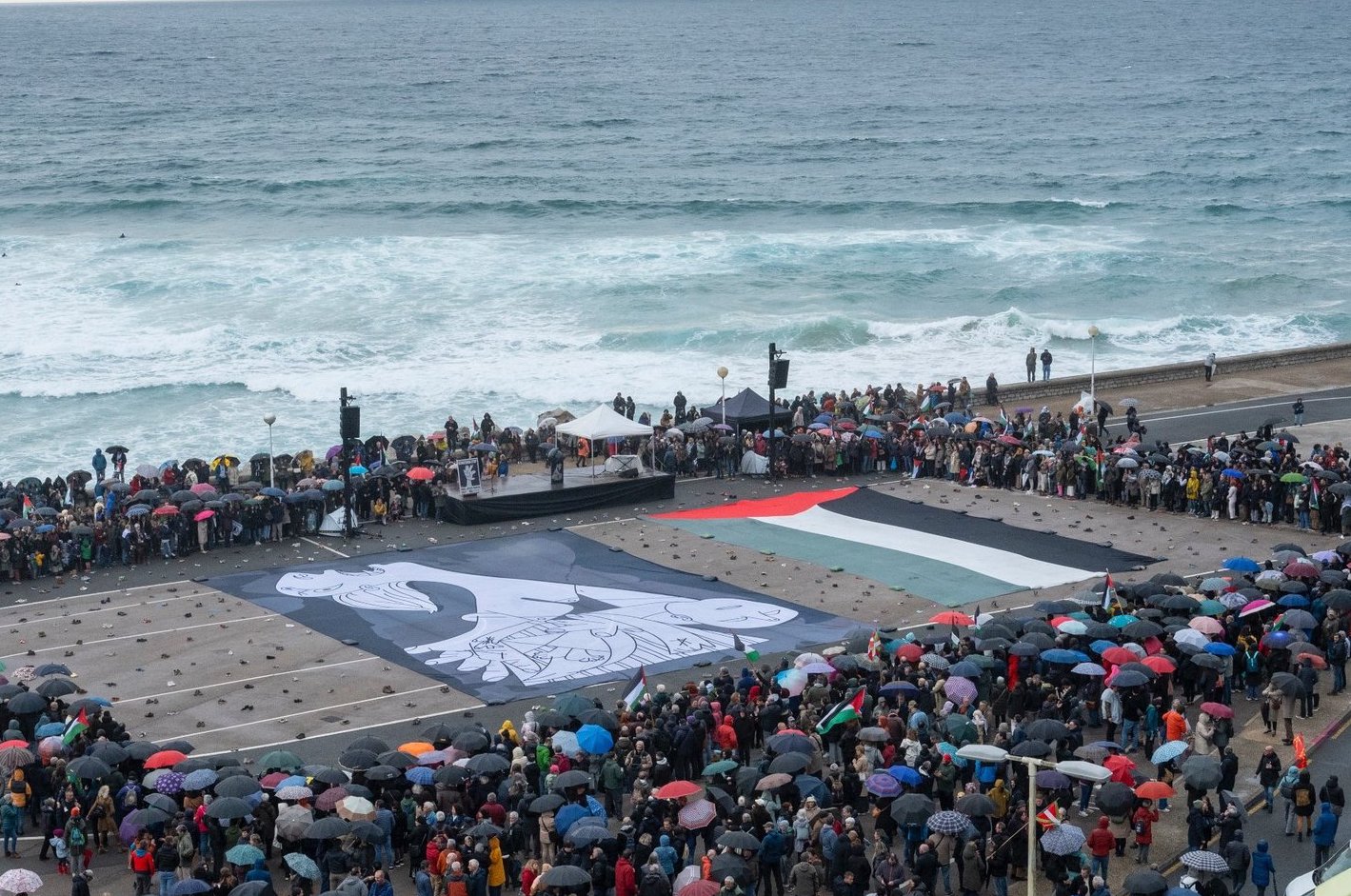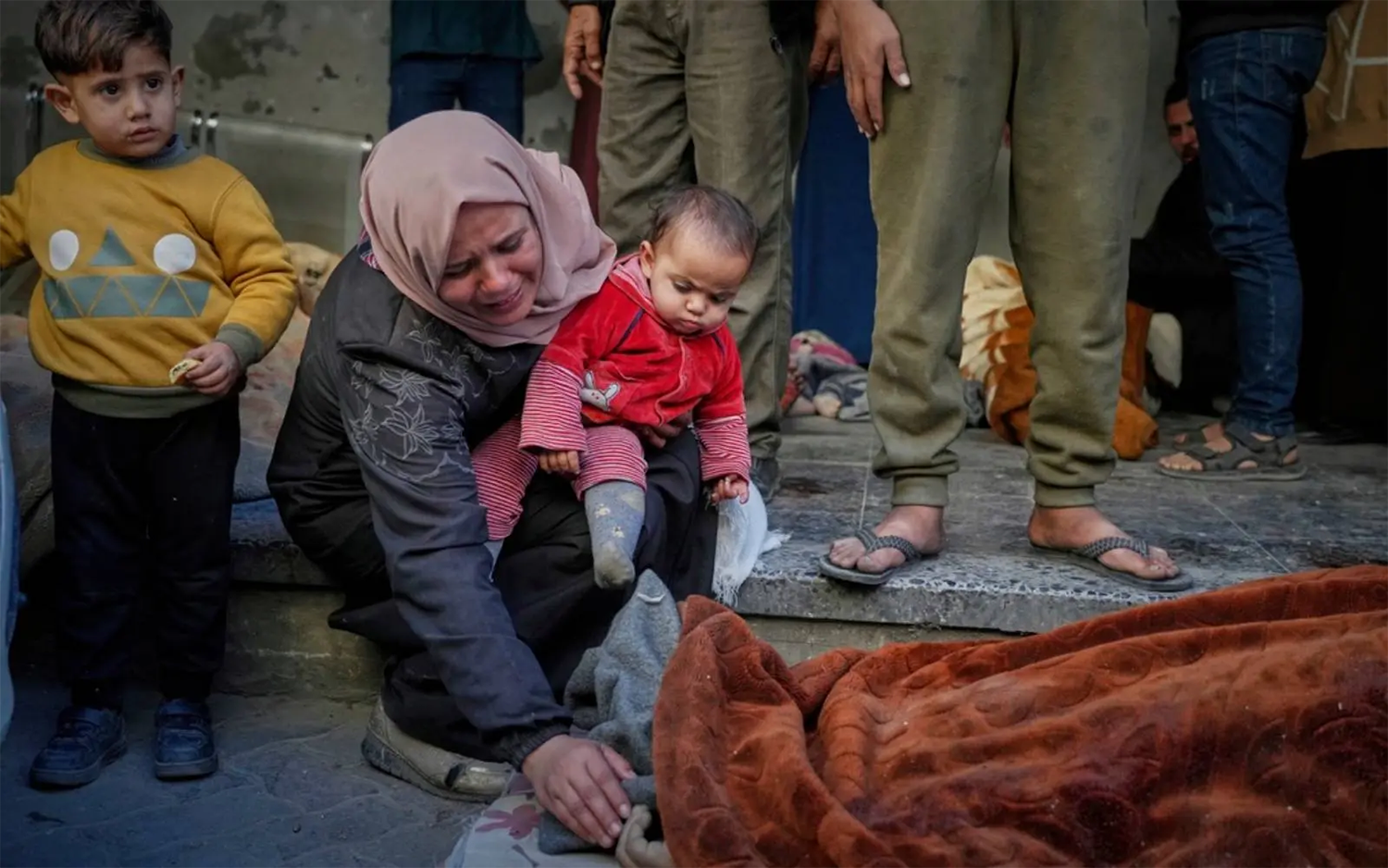Nakba, denied ruin

Palestine, 1948. The Arab-Israeli war and the emergence of the State of Israel forced the expulsion or flight of 750,000 Palestinians from Palestinian land.
This Palestinian exodus is called Nakba. In Arabic it means “disaster” and behind it is much more than those 750,000 refugees. The Israeli army destroyed over 500 Palestinian towns and cities and has been denied the right of return for 75 years. Nur Masalha, Rashid Khalidi and other researchers have called him “disintegration of Palestinian society” and Salman Abu Sitta, Ilan Pappé and others regard him as ethnic cleansing.
The figure of 750,000 is also short. Since then, the number of refugees has been growing steadily, in a few drops, in other more massively, such as the Six-Day War of 1967. Considering all of them and their heirs, Nakba has generated over 4 million “refugees”. And we must use quotation marks, because only a third of the 750,000 imputed in 1948 achieved official refugee status; the rest are “displaced”.
The West denies Nakba in three quarters of a century. Denying the colonial and occupying character of the Israeli regime, they have considered “a Palestinian problem” or, at best, a balanced conflict between two equal parties, which “has greatly influenced the design of the policies of Western governments with occupied Palestine”, Malcolm H. Kerr Carnegie, a member of the Middle East Centre, says Nur Arafeh.
The West has depoliticised the Palestinian struggle over these 75 years, which has been clearly reflected in welfare policies. According to Arafehr, “they have looked at the symptoms of the problem, rejecting the root cause, the Israeli occupying regime. With the economic patches of the surface to the problem of deep political roots, Western governments have become accomplices of Israel. Apparently promoting the economic development of the Palestinians, they have promoted their recognition and despair, and have made the management of the alleged conflict easier and cheaper for Israel.”
The West has depoliticised the Palestinian struggle over these 75 years, which has been clearly reflected in welfare policies. According to Arafehr, “they have looked at the symptoms of the problem, rejecting the root cause, the Israeli occupying regime.”
Turning point?
On May 15 of this year Nakba and the UN celebrated 75 years of their first official memory. The organization took the decision in 2022, but over 30 countries, including the United States, voted against. Israeli diplomats pressured several governments to abandon the act. Finally, the event ended with the participation of several countries such as the USA and the UK. A partial and insignificant gesture has been made even clearer in recent weeks, "continue to deny history," by Frederick Deknatel, a member of DAWN (Democracy for the Zutabe World Now).
Furthermore, coinciding with the anniversary of Nakba, the state of Israel was 75 years old, and there the European Union made its position clear; Ursula Von der Leyen, President of the European Commission, said that Israel managed 75 years ago “to literally flourish the desert”, as if it emerged from nowhere, as if Palestine did not exist and as if Nakba had not happened.
Egypt ' s urban planning plan for the Gaza Strip has recently been expanded. A drawing shows the streets, buildings and imagery of the future on a reality that still smells of shrapnel and explosives. The urban planning proposal, used as another bomb shot. Individual house... [+]
Aurten "Israel Premier Tech" txirrindularitza talde israeldarra ez da Lizarraldeko Miguel Indurain Sari Nagusia lasterketara etorriko. Berri ona da hori Palestinaren askapenaren alde gaudenontzat eta munstro sionistarekin harreman oro etetea nahi dugunontzat, izan... [+]
Zer esango zenioke Palestinako aktibista bati aurrez aurre izango bazenu? Ni mutu geratu nintzen Iman Hammouri nire herrian bertan aurkeztu zidatenean. Eskerrak andre nagusi bat gerturatu zitzaigula eta solaskide roletik itzultzailearenera pasa nintzela.
Palestinako Popular... [+]
Gure Haurrak ere Badira ekimenak deituta, Israelek azken egunetan Gazan hildako gehienak haurrak direla salatu dute. Gobernuei eta erakundeei Israelekin harreman oro etetea ere exijitu diete, "genozidio honen aurka argi eta tinko" lerratu daitezen.
No other land dokumentalaren zuzendari Hamdan Ballal kolono sionistek jipoitu zuten astelehenean bere herrian, beste hainbat palestinarrekin batera, eta Israelgo militarrek eraman zuten atxilo ondoren. Astarte goizean askatu dute.
Asteartean menia apurtu zuenetik gutxienez 650 palestinar hil dituzte sionistek, Al Jazeeraren arabera. Netanyhauren gobernuak Shin Bet zerbitzu sekretuetako buru Ronen Bar kaleratzeko erabakia hartu du, baina Auzitegi Gorenak kaleratzea geldiarazi du.
Milaka pertsona bildu dira larunbat honetan Palestinako herriari elkartasuna adierazteko eta “Israelek Gazan egindako genozidioa” amaitzeko eta Benjamin Netanyahuren gobernuak su-etenari berriro ekiteko eskatzeko. Gernika-Palestina herri ekimenak deitu du martxa,... [+]
Palestinarekin Elkartasuna plataformak osteguna, ostiral eta larunbatean eginen ditu protestak, Israel genozida. Palestinar erresistentzia aurrera! lelopean. Gernika-Palestina-k ere manifestazio nazionala antolatu du larunbaterako Donostian. Euskal Herriko Kontseilu Sozialistak... [+]
500 palestinar hil ditu Israelek, horietatik 130 baino gehiago adin txikikoak, su etena apurtu eta bigarren egunean. “Hasiera baino ez” dela ohartarazi du Netanyahuk.












